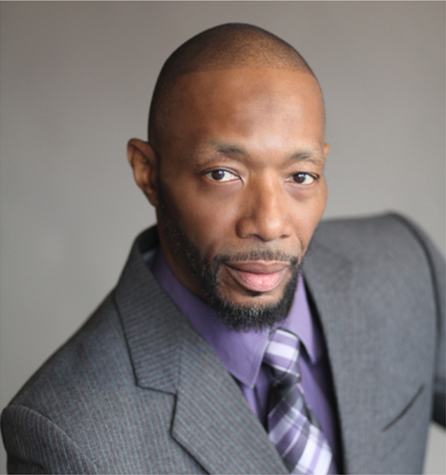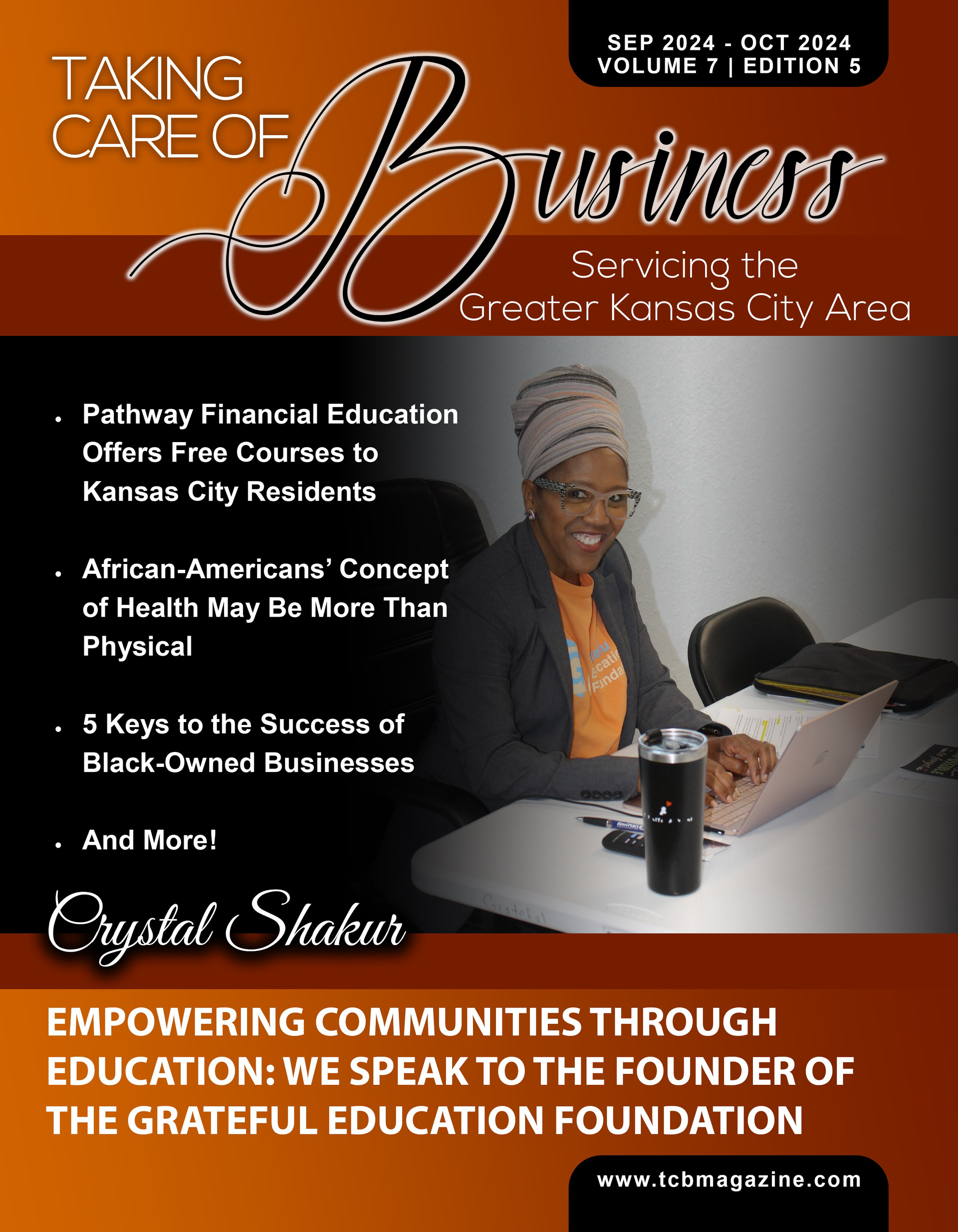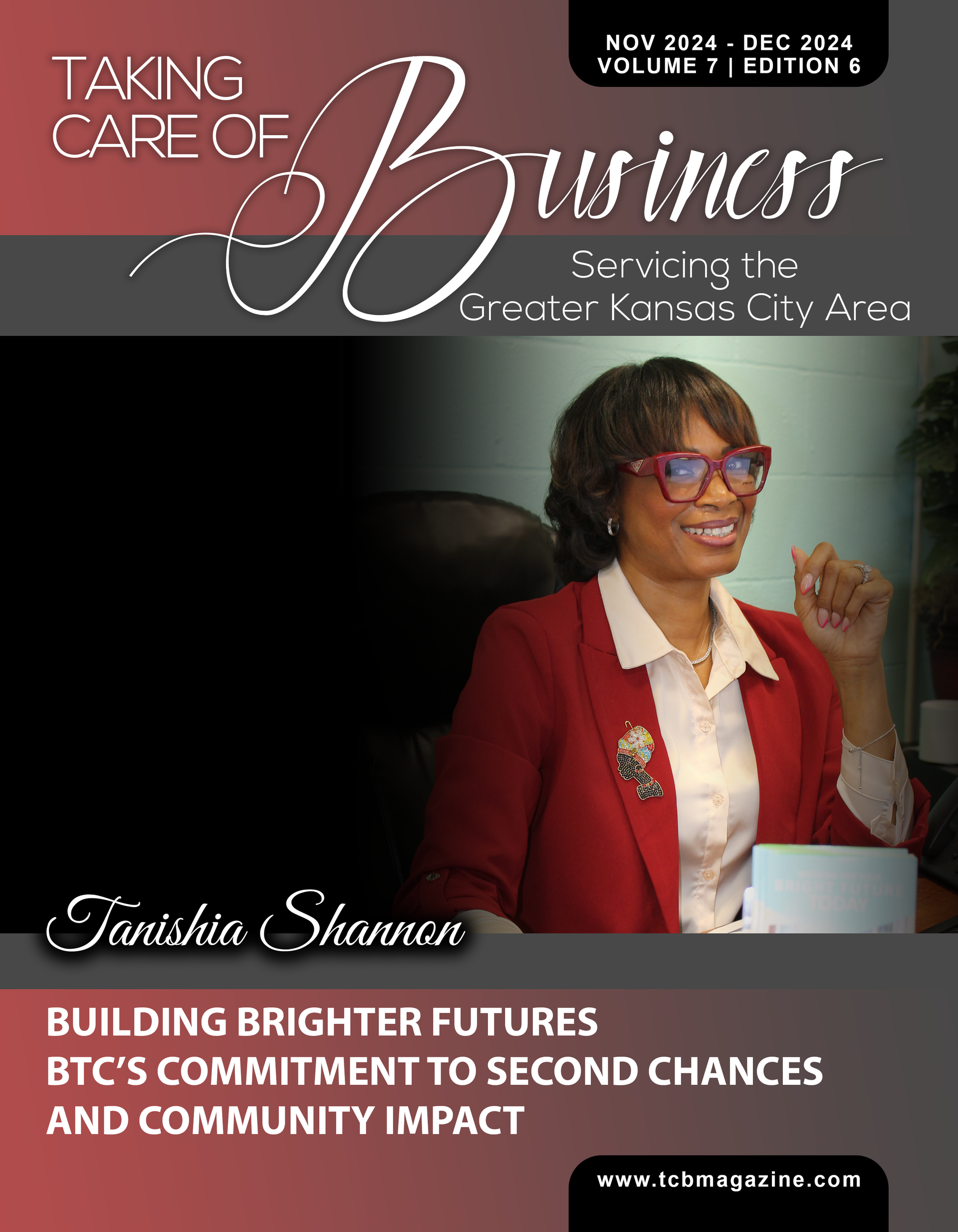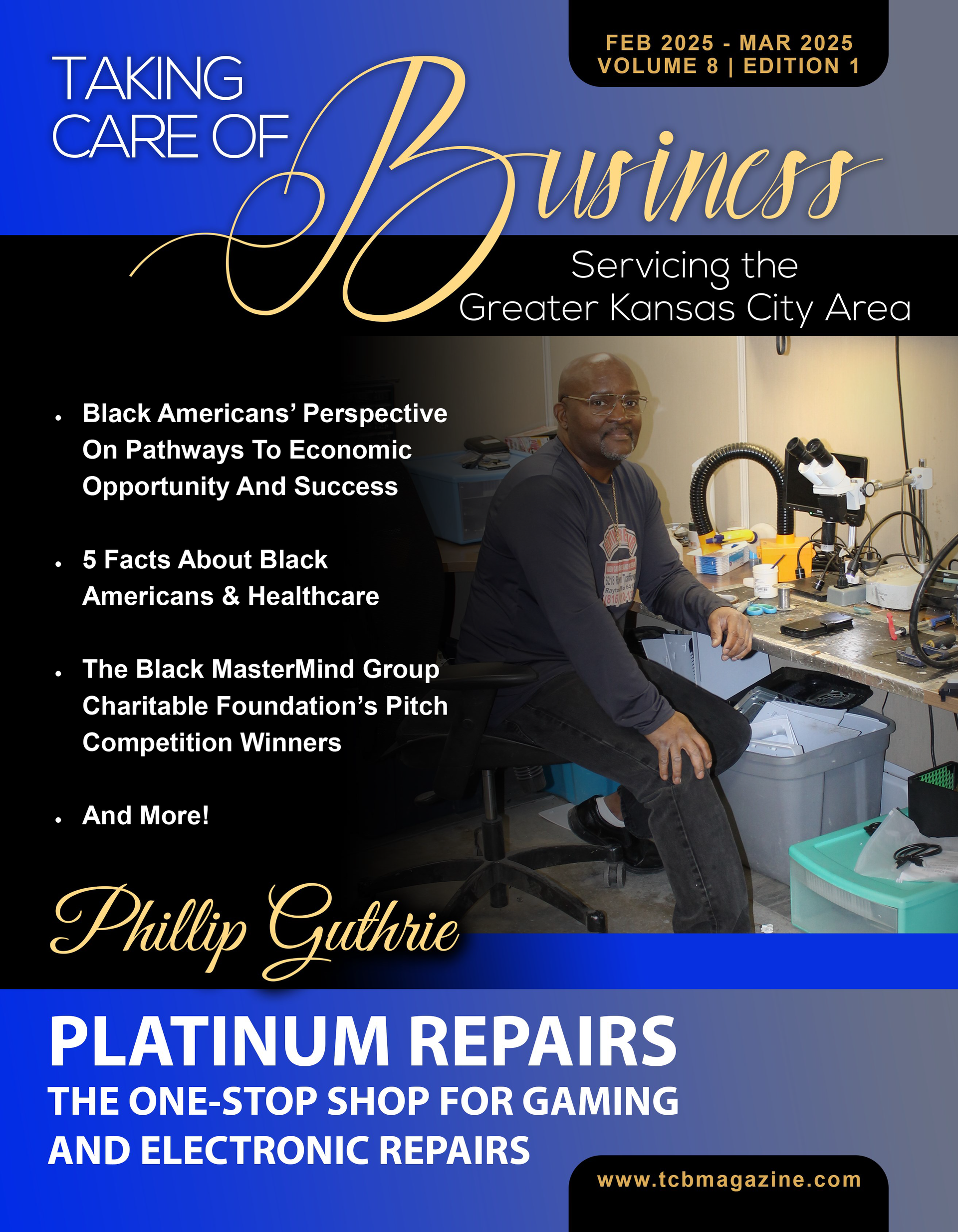Kansas City Lesson On Supporting Black Businesses That Can Work Anywhere
Long before they were threatened by the economic shutdown associated with COVID-19, Dr. Karen Curls says that Black-owned small businesses were held back by the country’s “racial pandemic.” Curls, principal of Curls Jude Joseph, a real estate firm that does revitalization work in Kansas City, joined other leaders working to support Black business owners there for an online forum recently organized by the Center for Public Integrity and The Kansas City Call newspaper.
Curls, Daniel Smith from Porter House KC, Nia Richardson from KC BizCare and Kim Randolph from the Heartland Black Chamber of Commerce talked about the impact COVID-19 has had on a community already facing disproportionate barriers from historic redlining and other forms of discrimination.
Here are five major takeaways from the forum.
Access to capital is king
Many small minority- owned businesses don’t have access to an adequate amount of credit, so a large part of their capital comes from consumers. “If you want to support Black businesses to help them thrive, patronize them.” Richardson said.
“Utilize them on projects, support them, mentor them.” In Kansas City, patrons can find Black-owned businesses on Kcblackowned.org, and tcbmagazine.com said Richardson. In other communities, local business associations can help find resources.
Collaboration is key
Randolph said the Heartland Business Chamber of Commerce ramped up partnerships with other organizations doing similar work during the pandemic. “We reached out and looked for partners so that we were not trying to be the end-all be-all but if we [could] find partners that had resources that would work that we could come together and say, ‘hey I’m going to send these people over to you I need you to do this,’” Randolph said. Other panelists echoed that as a community service provider it is important to know how other organizations can help so as not to turn into a one-stop shop.
Business education and financial literacy is an integral first step (but not more important than access to capital)
Smith said that the organization he co-founded, Porterhouse KC, serves as a safe space to ask questions and learn about financial management, accounting, legal services and more.
“The lack of quality education that empowers us when we’re young to have the confidence to break down a lot of these barriers is a huge piece of that puzzle.” Smith said. “A lot of the folks that we serve are afraid of systems. Banking is a system, law is a system, education is a system and there’s this myth of entrepreneurship and what that really is — that’s a system too."
Side hustles that don’t turn into legitimate businesses are a problem caused by the education system, Smith said. Randolph added that people have to understand the difference between creating a job and starting a business. “A lot of people, they don’t have a business, they’ve created a job. So they don’t set up their books properly because all the revenue that comes in, they use it as their revenue to live off of. They don’t have a real business,” she said. And, it’s a misconception that running a business is easier than working for someone else, Randolph added.
Do your research
Smith rattled off a list of resources available to business owners in Kansas City:
- Heartland Black Chamber of Commerce
- KC BizCare
- GIFT
- Prospect Business Association
- The Porterhouse KC
- EBB – Entrepreneur Business Basics
- KC Source Link
The panelists emphasized the importance of business owners knowing where to turn to for support. Many communities have business associations and chambers of commerce. Business service providers have to create a better ecosystem for Black-owned businesses and that means connecting owners with resources, said Richardson.
“Get to know the organization in your community. We will help you if you want to be helped but you have to meet us halfway,” she said.
In order to be helped, business owners have to be patient and willing to accept constructive criticism, she said.
Get to know you financial institutions
As Public Integrity Editor Jamie Smith Hopkins reported in her investigation into the distribution of PPP loans in Kansas City, the once-redlined 64128 ZIP code has just one bank branch. Still, panelists stress the importance of business owners familiarizing themselves with local banks.
“A lot of people in the community are afraid of systems. They’re not even ever thinking about a bank loan. You need to build a relationship with your banker. We need to start normalizing building essential relationships.” Richardson said.
If it’s the right bank they can advocate for you, she added.

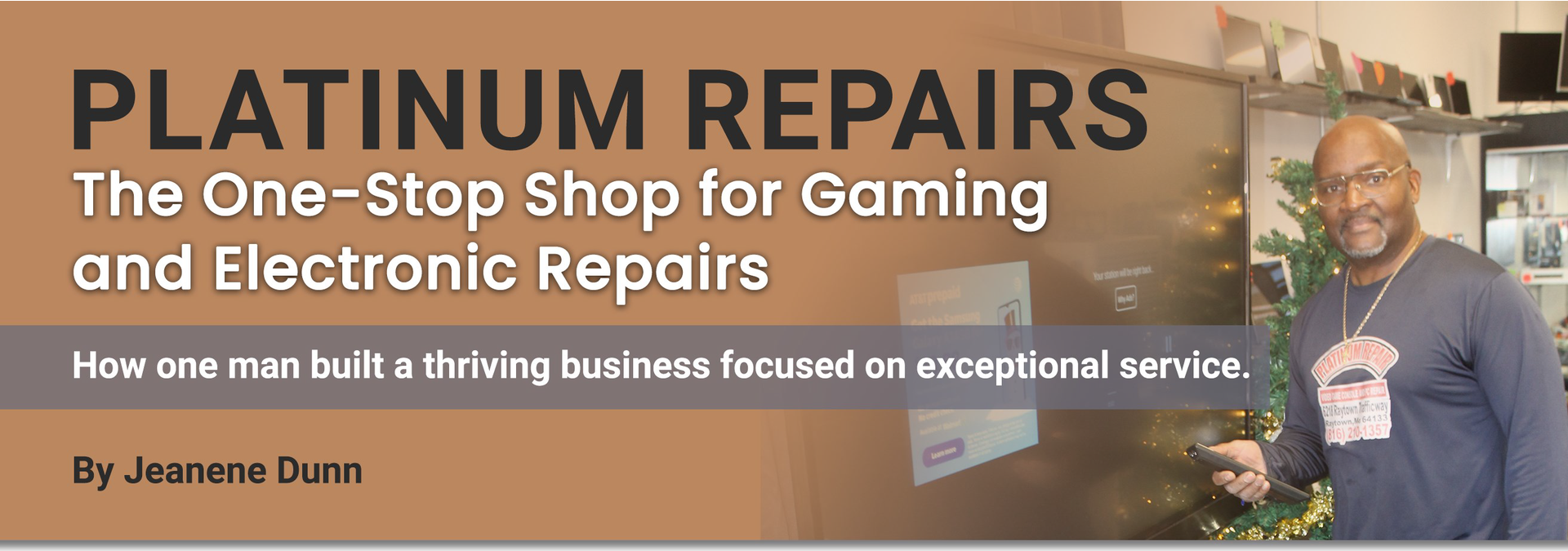

About Us
Taking Care of Business is your go-to magazine for empowering the black business community. With a focus on entrepreneurship, finance, and wellness, we offer tailored insights and inspiring stories to help professionals thrive. We champion diversity and foster growth in the black community.
Mailing List
Join the Newsletter
We will get back to you as soon as possible
Please try again later
Follow Us
Stay connected with Taking Care of Business for the latest updates, articles, and insights! Follow us on social media to join the conversation, get inspired, and stay informed about the vibrant world of black entrepreneurship and business excellence. Don't miss out – follow us today on Facebook, Instagram, Twitter, and LinkedIn!
Copyright © 2025. Taking Care of Business Magazine. All rights reserved. • Powered by Digital Media Partners
